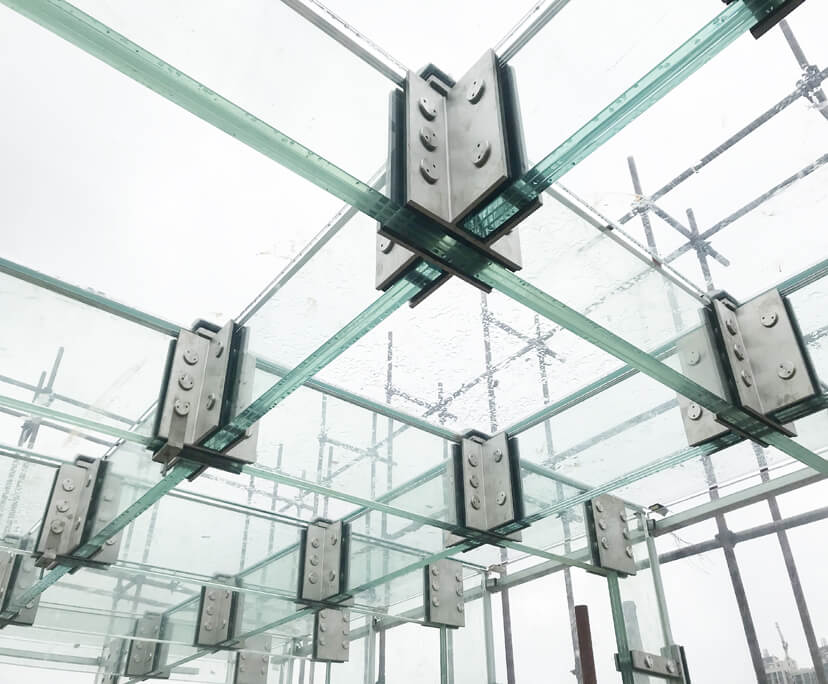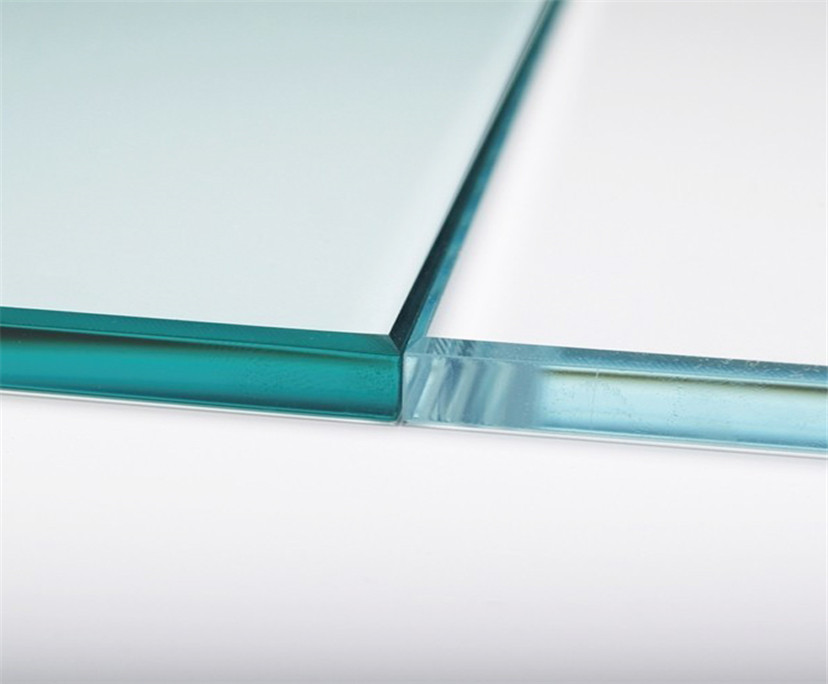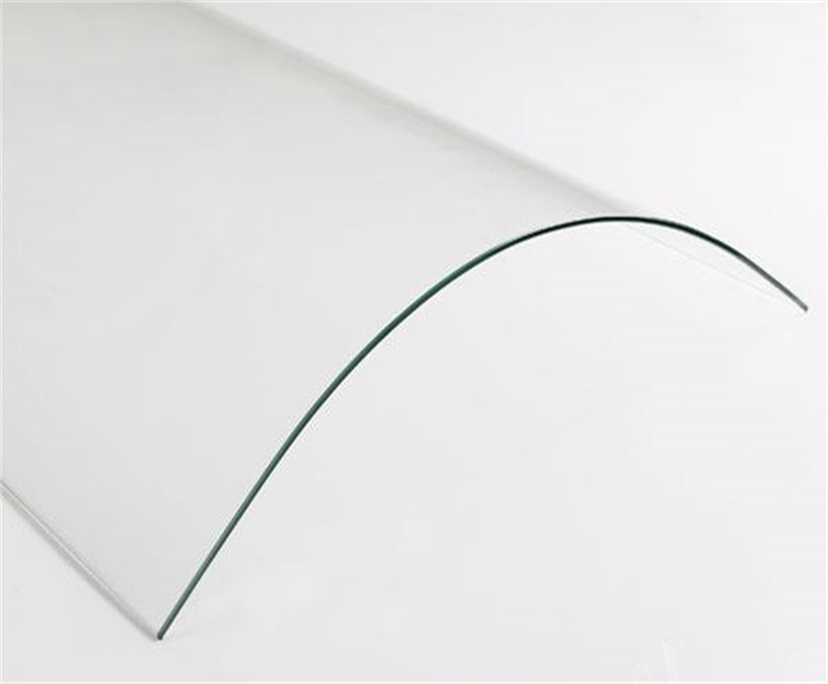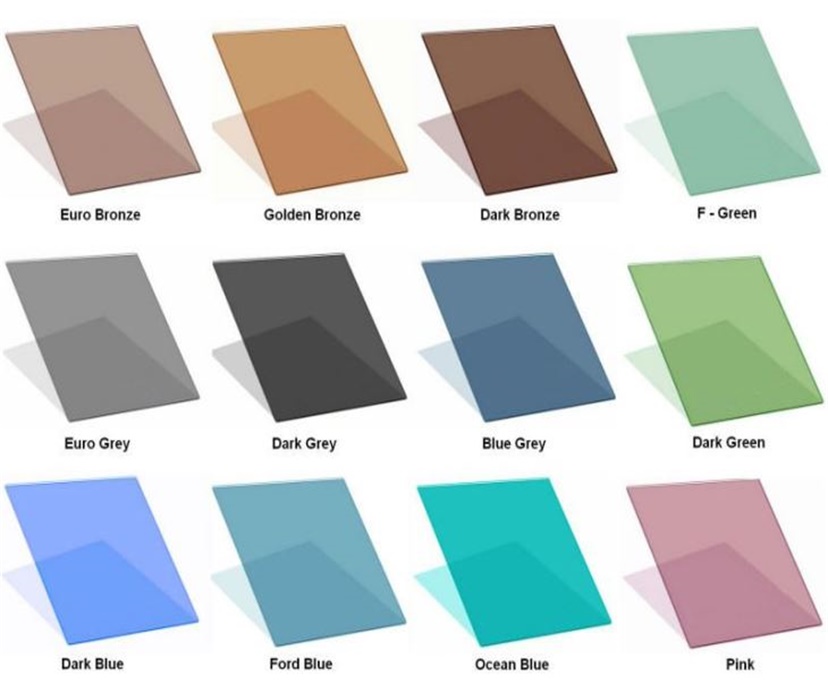Exploring the Artistry and Functionality of Bent Glass
Bent glass, also known as curved glass, is a fascinating and versatile material that combines both artistry and functionality. With its unique ability to be shaped into various forms, it has found its place in a wide range of industries, from architecture and interior design to automotive and electronics. In this article, we will delve into the world of bent glass, exploring its artistic qualities, functional applications, and the process behind its creation.
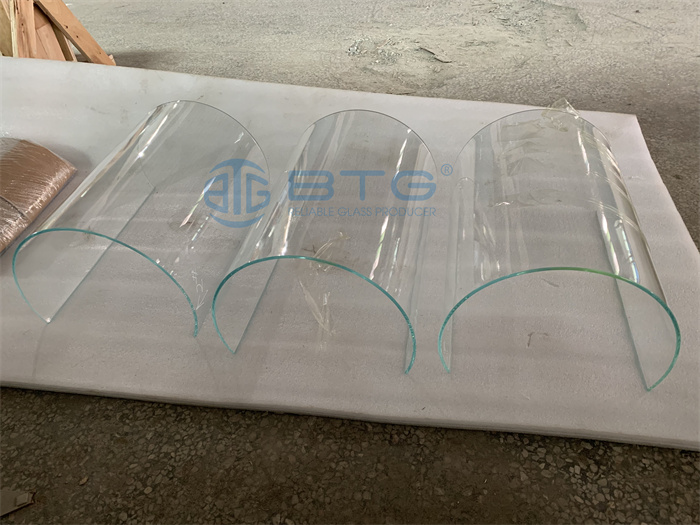
1. Unveiling the Beauty: The Artistic Appeal of Bent Glass
Bent glass is often admired for its aesthetic appeal. Its smooth, flowing curves and seamless edges create a sense of elegance and sophistication. Whether used in sculptures, furniture, or decorative elements, bent glass adds a touch of artistic flair to any space. Its ability to transmit and reflect light further enhances its visual appeal, creating stunning visual effects that captivate the eye.
2. Functional Excellence: The Versatility of Bent Glass
Beyond its artistic qualities, bent glass also offers a wide range of functional applications. In architecture, it can be used to create unique facades, skylights, and windows that not only provide structural support but also allow for natural light to enter a space. In the automotive industry, bent glass is used for windshields and panoramic roofs, offering both safety and a panoramic view. Additionally, bent glass is utilized in the electronics industry for touchscreens and display panels, providing a sleek and modern interface.
3. The Process: From Flat to Curved
The process of creating bent glass involves several steps. It begins with the selection of the desired glass, which can be clear, tinted, or even frosted. The glass is then heated to a high temperature until it becomes malleable. It is carefully placed on a mold or bent using specialized tools and machinery. The glass is then cooled down slowly to ensure its strength and durability. This process allows for the creation of complex shapes and curves, tailored to specific design requirements.
4. Bent Glass vs. Flat Glass: Understanding the Differences
While both bent glass and flat glass serve different purposes, it is essential to understand their differences. Flat glass, commonly used in windows and mirrors, offers a clear and unobstructed view. It is relatively easy to produce and install. On the other hand, bent glass provides a more unique and visually striking appeal. Its curved nature adds depth and dimension to any design, making it an excellent choice for creating focal points and enhancing aesthetics.
5. Choosing the Right Bent Glass for Your Needs
When considering the use of bent glass, it is crucial to evaluate your specific needs and requirements. Factors such as the intended application, desired aesthetic, and budget should all be taken into account. Consulting with professionals in the field can provide valuable insights and guidance in selecting the right type of bent glass for your project.
In conclusion, bent glass offers a harmonious blend of artistry and functionality. Its ability to transform ordinary glass into captivating curved forms has made it a popular choice across various industries. Whether it's adding a touch of elegance to architectural designs or enhancing the functionality of electronic devices, bent glass continues to push the boundaries of creativity and innovation. So, embrace the beauty and versatility of bent glass, and let it inspire your next design endeavor.


